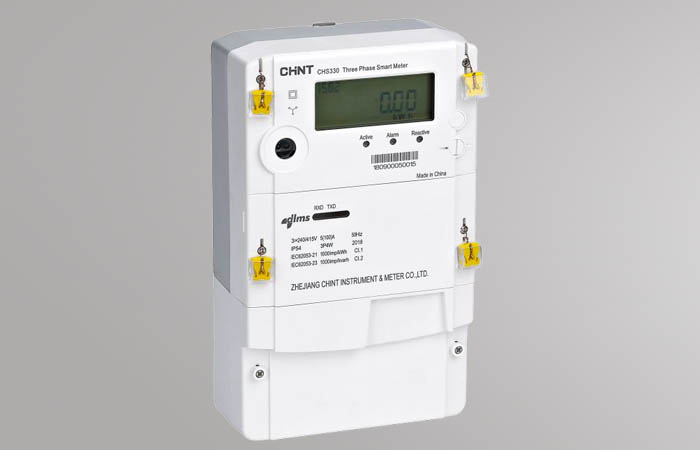Smart electricity meters have become increasingly popular in recent years, and for good reason. Here are some advantages that smart electricity meters have over traditional analog electricity meters:
- Real-time monitoring: Smart meters provide real-time information about electricity usage, which allows consumers to monitor their energy consumption more closely. This can help them identify energy-intensive appliances or behaviors and adjust their habits to save money on their electricity bills.
- Accuracy: Unlike analog meters, smart meters are highly accurate, which helps eliminate errors and discrepancies in billing. This ensures that consumers are charged accurately for their electricity usage.
- Remote reading: Smart meters can be read remotely, eliminating the need for manual meter readings. This saves time and money for both consumers and utility companies.
- Time-of-use pricing: Smart meters allow for time-of-use pricing, which means that electricity rates can vary based on the time of day. This can encourage consumers to shift their energy consumption to off-peak hours, when rates are lower, and reduce energy consumption during peak hours.
- Improved grid management: Smart meters provide utility companies with real-time data about energy consumption, which allows them to better manage the electricity grid. This can help reduce blackouts, improve the reliability of the grid, and make the energy system more efficient.
In summary, smart electricity meters offer a range of advantages over traditional analog meters, including real-time monitoring, accuracy, remote reading, time-of-use pricing, and improved grid management. As a result, many consumers and utility companies are switching to smart meters in order to take advantage of these benefits.

Leave a Reply